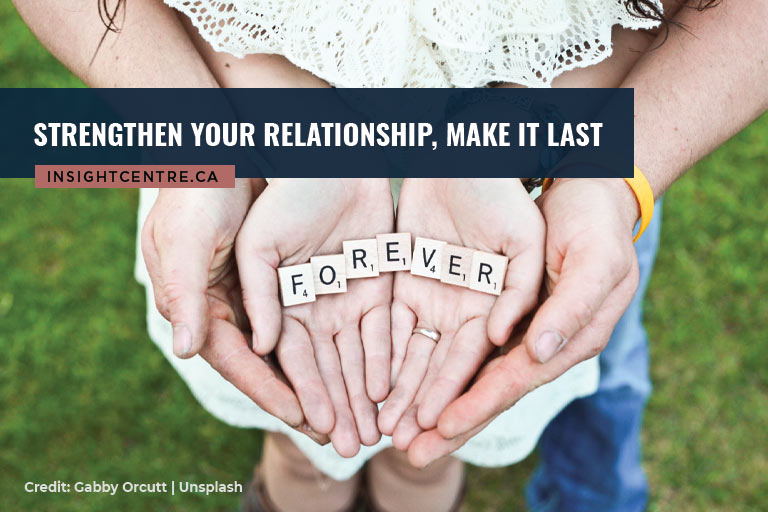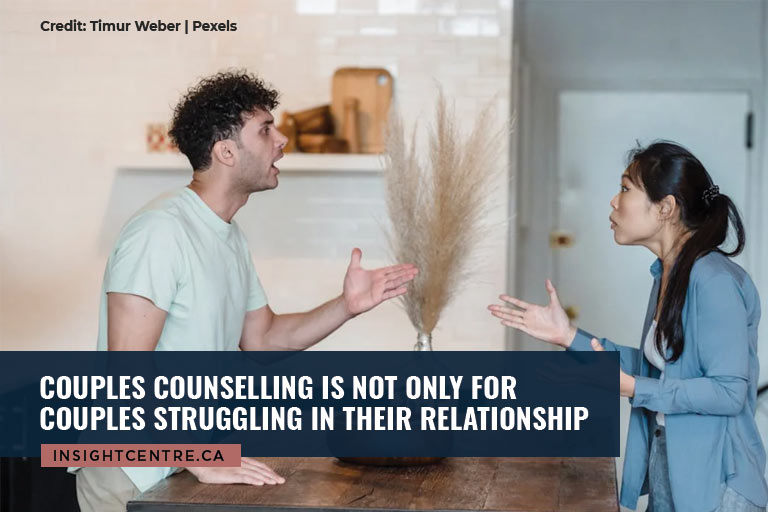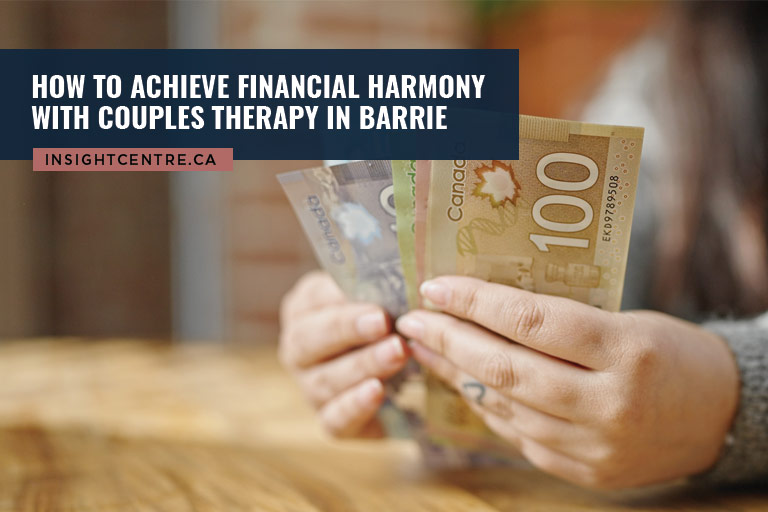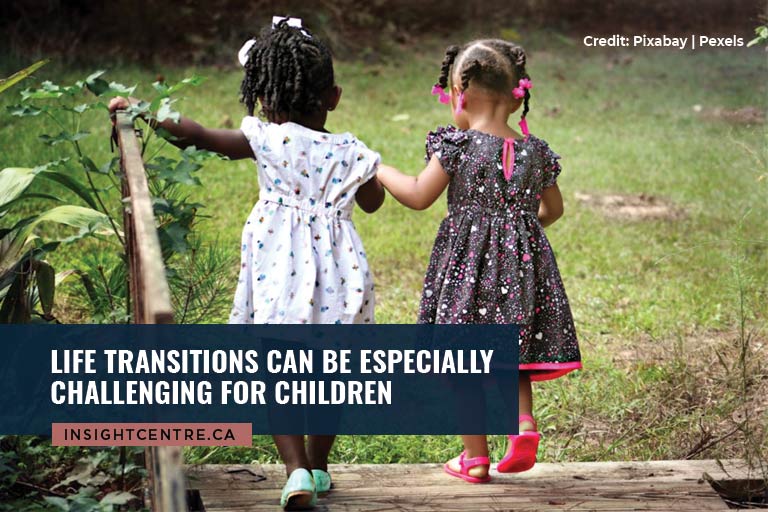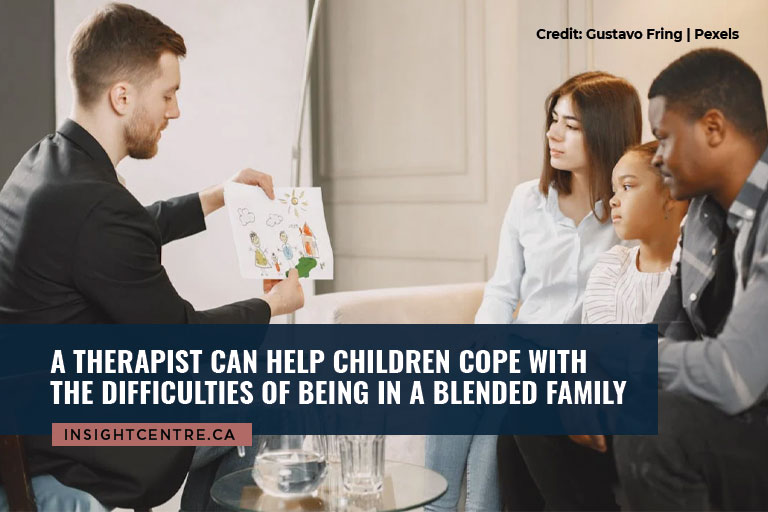How to Build a Healthy Body Image in Barrie’s Image-Conscious Environment
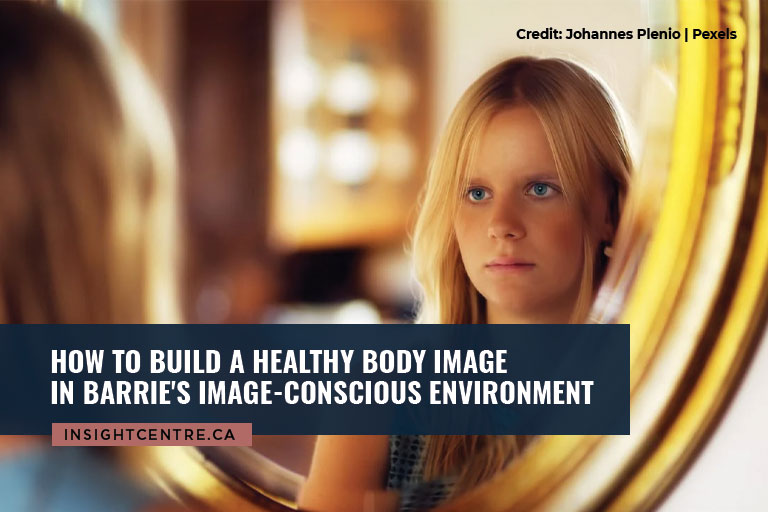
- How to Build a Healthy Body Image in Barrie’s Image-Conscious Environment
Today’s environment places great importance on one’s image and can be tough on anyone, whether you’re an adult or a teenager. Issues with body image can lead to feelings of insecurity and inadequacy.
According to Frontiers in Psychiatry, “Body dissatisfaction… occurs in individuals with different mental disorders… as well as in healthy persons…” This means that anyone can be affected, especially with the prevalence of social media.
In addition, you must remember that a healthy body image isn’t about achieving a specific size or look; it’s about accepting and appreciating your body for what it is and all it can do.
How do you cultivate a healthy body image in a city that often seems obsessed with appearances? Here are 10 tips to help you handle image culture and develop a positive self-image:
10 Ways to Build a Healthy Body Image
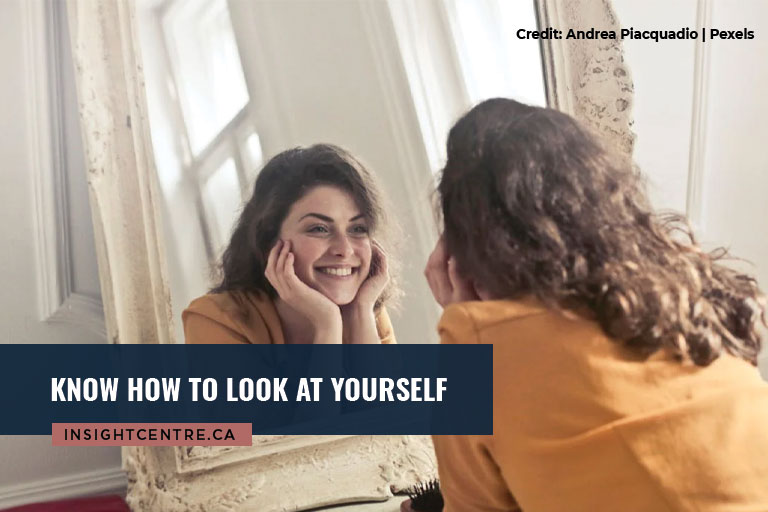
Focus on Function, Not Form
Shift your perspective from how your body looks to what it allows you to do. Can you run, jump, dance, or swim? Appreciate the strength and resilience your body possesses.
Celebrate What Makes You Unique
Every body is different, with its own set of strengths and quirks. Embrace your unique features and celebrate the things that make you, you.
Unfollow the Unrealistic
Social media is often a breeding ground for unrealistic beauty standards. Curate your online space by unfollowing accounts that make you feel bad about yourself and follow those who promote body positivity and self-acceptance.
Challenge Negative Thoughts
Our inner critic can be harsh. When negative thoughts about your body creep in, challenge them with evidence of your strength and beauty.
Practice Gratitude
Take time each day to appreciate your body for all it does. Thank it for keeping you healthy, allowing you to experience the world, and carrying you through life’s journey.
Fuel Your Body Right
Focus on nourishing your body with healthy, delicious foods that give you the energy to thrive. Ditch restrictive diets and focus on building a healthy relationship with food.
Move Your Body in Ways You Enjoy
Exercise shouldn’t be punishment; it should be a celebration of your body’s capabilities. Find activities you genuinely enjoy, whether it’s dancing, swimming, hiking, or simply going for a walk.
Embrace Body-Positive Media
Seek out media that celebrates diverse bodies and promotes self-love. This could be body-positive influencers, TV shows featuring realistic characters, or magazines promoting health at every size.
Surround Yourself with Supportive People
Spend time with people who appreciate you for who you are, not what you look like. Surround yourself with friends and family who celebrate your unique qualities and encourage a healthy body image.
Seek Professional Help if Needed
If you struggle with negative body image that significantly impacts your daily life, don’t hesitate to seek professional help. A therapist can provide valuable tools and strategies to develop a healthier relationship with your body.
6 Signs You Need to Talk to a Therapist
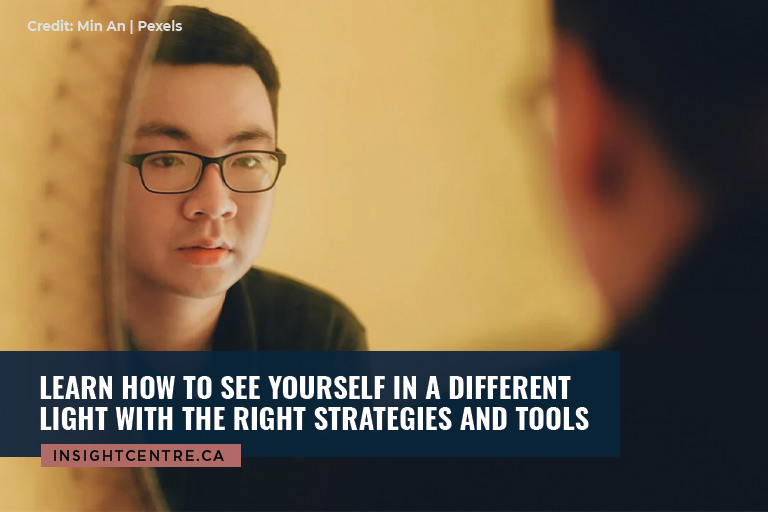
While the tips above can be a great starting point, there may be times when you need additional support to develop a healthy body image. Here are some signs that seeking professional help from a therapist might be beneficial:
Persistent Negative Thoughts
If negative thoughts about your body consume a significant amount of your mental space and interfere with your daily life, therapy can equip you with tools to challenge these thoughts and develop a more positive self-image.
Emotional Distress
Body image struggles can often lead to feelings of anxiety, depression, or shame. Therapists can provide a safe space to work out these emotions and develop healthy coping mechanisms.
Unhealthy Behaviours
Are you resorting to unhealthy behaviours like restrictive eating, excessive exercise, or substance abuse to cope with body image issues? Therapy can help address the underlying causes of these behaviours and develop healthier ways to manage your emotions.
Impact on Daily Life
Does your body image negatively affect your relationships, work, or social life? Therapy can help you develop strategies to manage body image concerns and improve your overall well-being.
Feeling Stuck
If you’ve tried self-help strategies on your own and haven’t seen significant improvement, a therapist can provide personalized guidance and support tailored to your specific needs.
How Individual Therapy Can Help You With Your Body Image
Individual therapy can be a powerful tool for developing a healthy body image. Here’s how a therapist can support you on this journey:
Mindfulness and Relaxation Techniques
Therapists can teach you mindfulness practices and relaxation techniques like meditation and deep breathing. These tools can help you manage stress and cultivate a more accepting and compassionate relationship with your body.
Developing Healthy Coping Mechanisms
A therapist can help you identify unhealthy coping mechanisms you might be using to deal with body image struggles and develop healthier alternatives, such as journaling, exercise, or spending time in nature.
Building Self-Esteem
Through therapy, you can pinpoint the source of negative body image and address any underlying issues that contribute to low self-esteem. This can empower you to develop a stronger sense of self-worth that goes beyond your physical appearance.
Building a healthy body image is a journey, not a destination. There will be ups and downs, especially in the image-conscious society we have today. But by incorporating these tips into your life, you can cultivate a more positive self-image and move away from societal pressures that prioritize appearance over well-being.
Insight Centre Counselling & Psychotherapy offers individual therapy services to help you develop a healthier relationship with your body. Our experienced therapists can provide support and guidance as you work towards self-acceptance and body positivity. Contact us today at +1 647-633-1928 to schedule a consultation.



